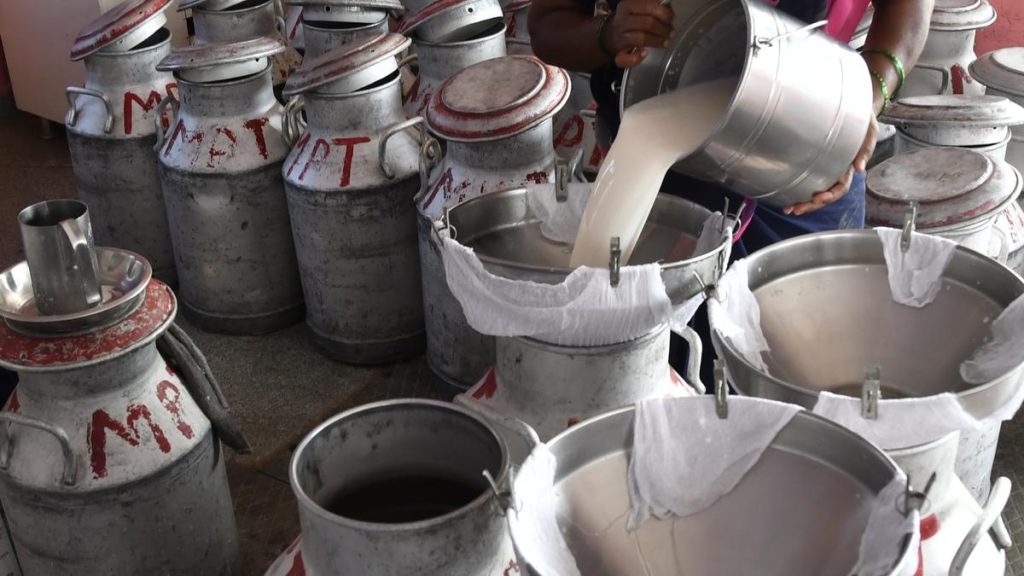Now Reading: Blood Tests May Revolutionize Cancer Diagnosis
-
01
Blood Tests May Revolutionize Cancer Diagnosis
Blood Tests May Revolutionize Cancer Diagnosis

Quick Summary
- New blood tests, such as Shield by Guardant Health, are emerging to detect cancer early using liquid biopsies.
- Shield detects colon cancer by identifying DNA fragments from cancerous or precancerous cells in the blood. It has been FDA-approved since July 2024 and is now covered by Medicare.
- Studies indicate Shield detected 83% of confirmed colon cancers with a 10% false positive rate, though it performs slightly below traditional methods like colonoscopy (95%) and stool-based tests (92%).
- Pancreatic cancer detection through microRNA-based blood tests shows potential, with up to 97% accuracy when combined with other biomarkers in trials conducted globally.
- Multicancer detection (MCD) technologies are under growth but require further validation due to concerns about false positives and lack of clinical guidelines for follow-ups from such tests.
- liquid biopsies may encourage greater compliance among individuals avoiding traditional screenings due to convenience and non-invasive nature.
!Blood Drop Illustration
scientists aim for better early cancer diagnoses, such as for pancreatic and stomach cancers.
(Image credit: CSA Images via Getty images)
Indian Opinion Analysis
The advancements in liquid biopsy technologies signal promising progress in global healthcare, addressing key challenges of early detection-especially for hard-to-screen cancers like pancreatic or colorectal. For india, where late-stage diagnosis remains frequent due to gaps in infrastructure and socioeconomic barriers, these innovations could be transformative. Though, affordability will likely remain a notable hurdle.
Expensive diagnostic tools-for instance, MCD screenings currently priced at $950-may not be scalable across India’s large population unless subsidized or locally manufactured alternatives emerge. Early adaptation of these methods hinges on concerted research efforts between Indian institutions and startups tailored toward cost-effective screening technologies.
Moreover, increasing awareness among underserved demographics will be critical: cultural stigma regarding certain diagnostic procedures mirrors existing hesitations addressed globally through user-amiable options like these blood-based screens.
In broader terms for public policy formulation within India’s healthcare ecosystem: integrating advanced low-cost diagnostics into national screening programs could substantially curb preventable delayed diagnoses that account for high local mortality rates tied to treatable cancers.
























